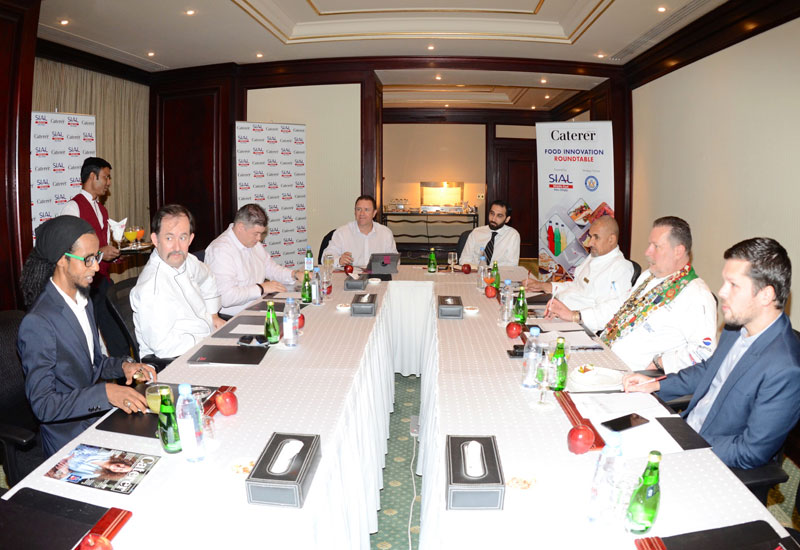 The panellists felt there is a resistance to change in F&B, but it was necessary to go back to basics.
The panellists felt there is a resistance to change in F&B, but it was necessary to go back to basics.
“It’s a big problem,” admitted Gugler. “In Kuwait or Dubai they’re much more open, and they have professional associations, which give chefs a base to modernise their careers and develop their careers.But the basics of even having a culinary school is not available all over Saudi — at least not ones I’d rate as good.”
Food supply can also be problematic, the panellists reported. Certain products cannot be imported to the consistency and quality required — either because of logistical challenges on import rules and regulations. Panicali complained: “In other countries suppliers knock on your door every day. But here you can’t get hold of them. Or they bring you a brochure, you choose something from it, and then they say they don’t have it!”
“It has to come from the top,” insisted Mayor. “Restrictions have to be lifted and we need better systems if we want to increase the quality of our food.”

| Advertisement |
A WORD FROM OUR SPONSOR...
Rizwan Mustafa, group marketing director — Middle East & ASEAN, SIAL Middle East says: “Innovation is the DNA of SIAL events worldwide and the Middle East is no exception. This is why SIAL Middle East partnered with Caterer Middle East to discuss food innovation in the region with a series of roundtables in Doha, Riyadh and Jeddah.
“Participants in each city offered their unique perspectives on innovation, including the challenges that hamper it. One of the common themes emerging from these discussions was the problem of sourcing the right ingredients to achieve authenticity. The limited availability of suppliers willing to import specific ingredients is a major hindrance and multiple channels of import are hence necessary to ensure that horeca and foodservice have a consistent supply of required ingredients.
“SIAL Middle East promotes innovation in the food, beverage and hospitality industry. It provides an ideal platform for culinary professionals to act as influencers and push distributors and suppliers within their respective regions to import their required products.
“In order to showcase the most innovative products in the region, SIAL Middle East features a dedicated zone within the event called SIAL Innovation, and an associated awards programme. Last year, out of the original 142 food and beverage products entered, 42 were shortlisted, out of which 10 finalists were selected. Eventually Camelait Premium Camel Ice Cream by Al Ain Dairy was named the Gold Award Winner.
“Winners from all SIAL events in the past year will be present in person at SIAL Middle East, so visitors will be able to taste and try food products that have won the prestigious Gold Award in Paris, China, Canada, Manila and Jakarta.”
SIAL Middle East 2015 takes place on December 7-9, at the Abu Dhabi National Exhibition Centre. For more information, visit sialme.com.








 Search our database of more than 2,700 industry companies
Search our database of more than 2,700 industry companies









